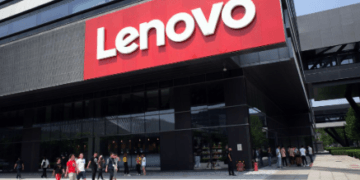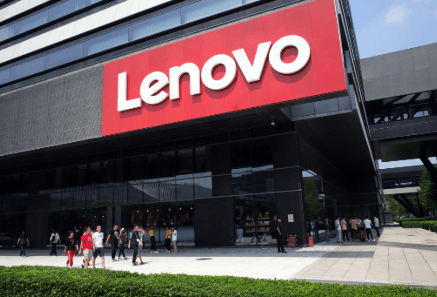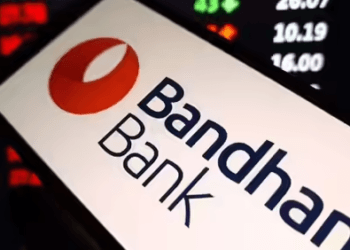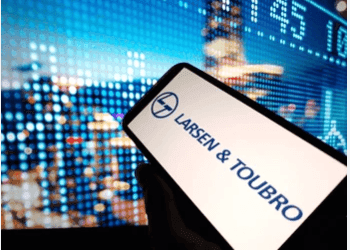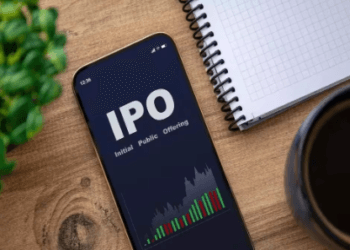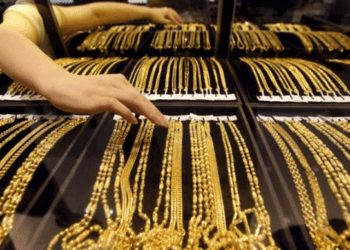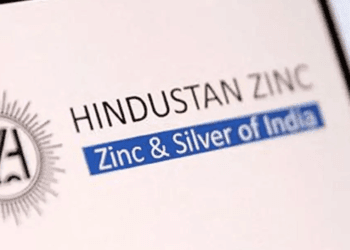Athira Sethu
Kochi, 15 November 2024
Lenovo Group Ltd., the world’s biggest PC maker, plans to increase factories outside China to mitigate risks from global political tensions, Chairman Yang Yuanqing said. Though Lenovo has most of its manufacturing plants in China, the company is diversifying its supply chain due to growing concerns about potential tariffs, especially after U.S. President-elect Donald Trump threatened to apply a 60% tariff to Chinese imports.
Yang said to CNBC that it is too soon to say what the new administration will have in store, but Lenovo has the best from the rest since the company diversified its approach in manufacturing. The firm claims to have over 30 factories in nine countries, which disperses the risks. It also said it would open new facilities in Saudi Arabia under a landmark investment deal with the Public Investment Fund of the country.
Lenovo finally put up a robust quarterly report, with revenue rising 24% during the fiscal second quarter. The company raked in $17.9 billion during the fiscal second quarter that ended on September 30, and its results posted above analysts’ forecasts. Lenovo also posted a higher-than-expected net profit of $359 million.
Lenovo shipments rose by 3 percent to 16.5 million in the September quarter, but it still maintains 24 percent of the market share. Where all the other regions suffered a decline in shipment, Lenovo continued to grow; part of the reason behind that is a spurt in demand for computers meant to handle AI tasks. Lenovo launched its first AI-powered PCs in May in China and began rolling them out worldwide in September. The company forecasts AI PCs at 25% of shipments by 2025 and as much as 80% by 2027.
It has also been expanding its business in AI servers and software, aside from computers. Revenue in its Infrastructure Solutions Group surged more than 60 percent year-over-year, buoyed by strong demand for servers used in AI data centers. The Solutions and Services Group, cloud-based software, was able to report revenue growth, increasing from $1.9 billion to $2.2 billion year-over-year.
